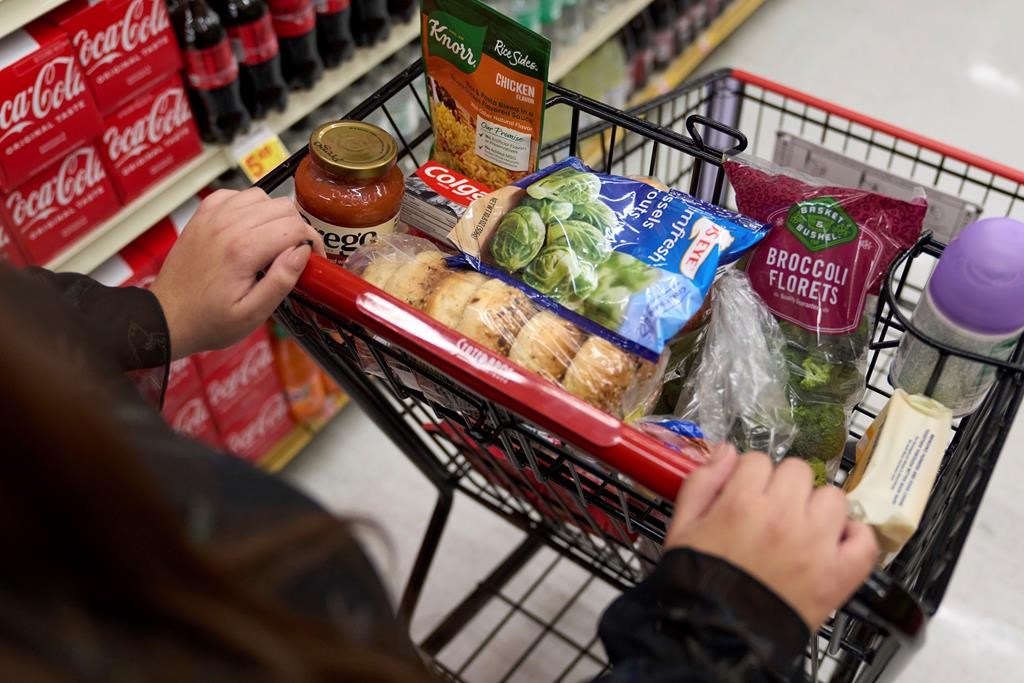Canadians will sacrifice food to pay spiking mortgages: expert

Posted July 12, 2023 12:16 pm.
With interest rates hitting their highest level since 2001 on Wednesday, it goes without saying that many Canadians are stretched thin when it comes to disposable income.
They may soon be thinner in the waistline too.
Sylvain Charlebois, food distribution and policy professor at Dalhousie University says the perpetually-climbing rates are forcing many Canadians to make some tough choices when it comes to how they spend their money — with food taking a back seat to keeping a roof overhead.
“Lodging is making more Canadians food insecure essentially,” Charlebois told CityNews. “When you think about it, that’s how budgets work. If people can trade down and save somewhere, which is at the grocery store right now, they’ll sacrifice their money to spend on lodging and on their mortgage and on their rent.”
Statistics Canada’s latest inflation report shows food prices have risen 11.4 per cent this year — the fastest increase in the last 40 years in Canada. The next report will be released on July 18.
The highest increases have been in certain vegetables, fruit juices, chicken, bakery products, pasta and dairy.
Experts say food prices have increased because of higher operating expenses, and even if inflation goes down, it doesn’t guarantee grocery prices will follow suit.
“Canadians need to understand that regardless of what the Bank of Canada does we are going to continue to expect that food prices will probably continue to go up, just hopefully not as fast,” said Moshe Lander, Economics professor at Concordia University.
But Charlebois says there are still food deals to be found for the discretionary consumer.
“Non-perishable products are actually more stable right now,” he explained. “In meat — pork remains still a good deal. Pork products are actually cheaper than before COVID if you can believe that. Bacon is cheaper compared to last year, there’s some products that are really good bargains.”









